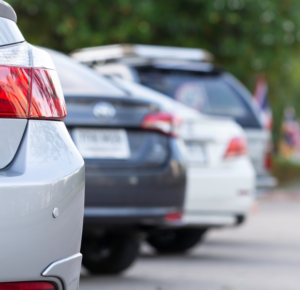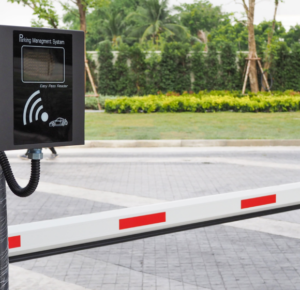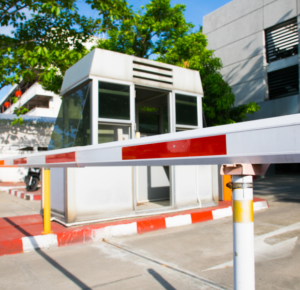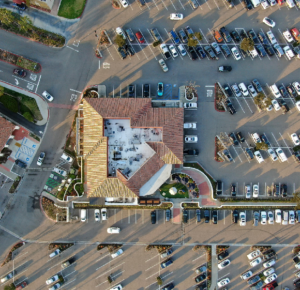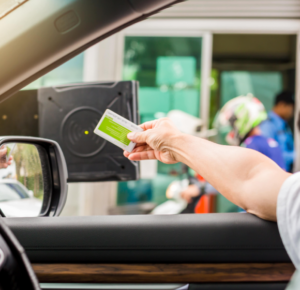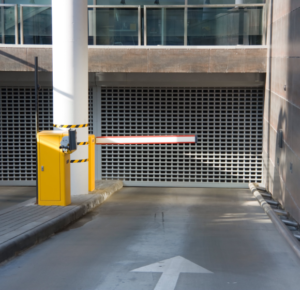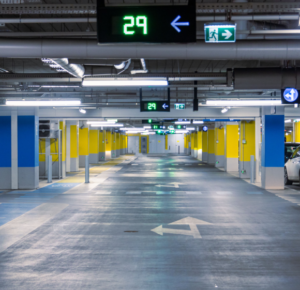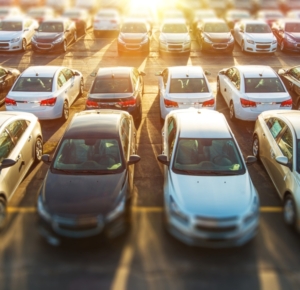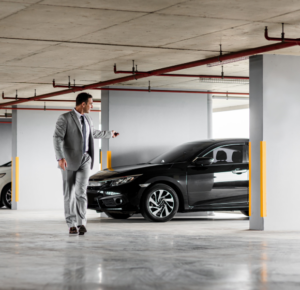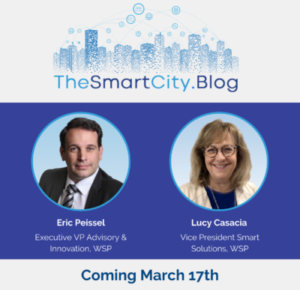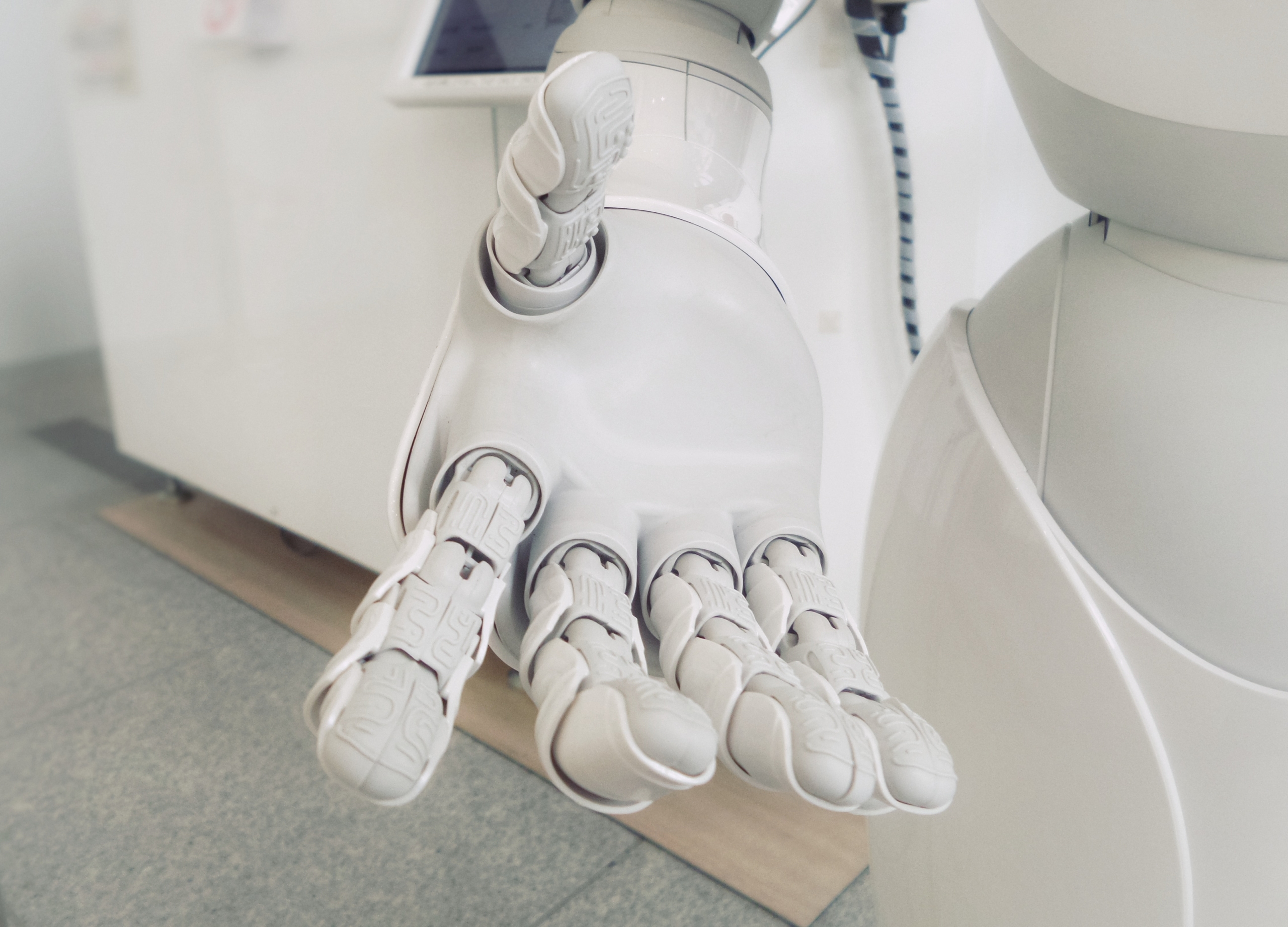Using Incentives to Encourage Local Shopping: Talking to Michael Mazur from Colu

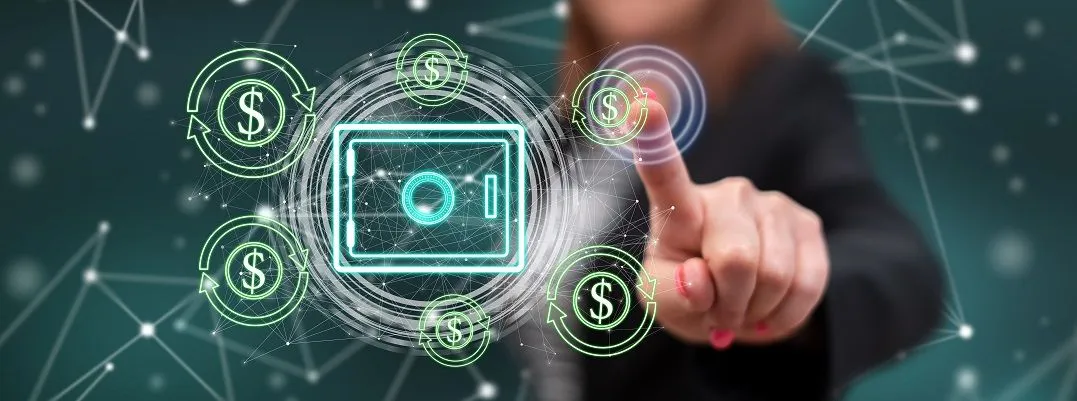
- 2023
- Grant Furlane, LocoMobi World
Getting people to do certain things can be tough, and it’s only natural for them to act in their own best interests.
Online shopping can be more convenient and cheaper than shopping locally. Taking your car from point A to B can be faster than riding on local transit, but shopping locally and taking transit is better for your community.
So how can a city change this? By incentivizing the desired behavior. Okay, how? Michael Mazur is with an Israeli-based company called Colu. They’re working with towns and cities to change behaviors and mindsets at the community level.
Michael is a dynamic and forward-thinking entrepreneur with a passion for innovation. He has a proven track record of success in technology and government, with a particular focus on smart cities, public-private partnerships, and electric vehicle charging.
Michael is a Co-Founder of the UrbanChange Protocol, which uses web3 technology and an incentive-based dual token model to build stronger and more impactful communities. As COO of Colu, he leads the company’s expansion efforts and manages its operations, working closely with his team to develop strategies that help cities innovate.
Before joining Colu, Michael was the COO of Greenspot, where he played a key role in shaping state and municipal policies related to electric vehicles and shared mobility. He deeply understands the intersection of innovation, technology, and government and is highly skilled in go-to-market strategy.
Michael came to TheSmartCity Podcast to share Colu’s story. Colu is an eight-year-old company based in Israel working to make city life more socially and economically viable. The company is developing ways for cities, communities and even community leaders to encourage positive local actions. Cozu offers the infrastructure for developing incentive programs using virtual coins circulating within the local community.
Cozu’s business model calls for creating local electronic money that is distributed based on a city’s particular goals – patronizing local businesses, incentivizing rush-hour bicycle usage, or encouraging public health initiatives like vaccines.
When a city allocates money toward a particular project, it can track its success and finetune its implementation. Michael provided an early example of Colu’s involvement in North America at the beginning of the pandemic. In Akron, Ohio, local businesses suffered because people didn’t want to shop in local stores, like everywhere else. On top of that, the city was going through a main street reconstruction project.
Colu provided Akron with a white-label app they called Akronite that gives patrons points for shopping at local stores. These points, called Blimps, can then be used for purchases the next time you visit. Initially, the city set incentive levels at twenty percent. But because Akron was also trying to support black-owned businesses, these businesses received an additional ten percent.
Over time the city found that the program helped reinforce itself as shoppers remembered the Blimps for shopping locally. At the time of this podcast, the $100,000 city-led investment had generated over $3,000,000 in local economic activity. That sounds like money well spent.
On top of that, because these sales are tracked through the Akronite app, local officials can find pockets where additional support would be helpful.
And local governments can decide which activities to encourage or incentivize. This has included riding your bike to and from work or regularly going for a walk around your neighbourhood – whatever is appropriate in your home town.
After all, we often need to be encouraged to do the things we know are good for us.
Obviously, this program can be used around the world to encourage whatever activities the local community decides deserves support.
The app can be linked to other cards or apps that already record these actions. When you pay for your coffee with your debit card, you receive credits. When you use your cycling app, your ride is recorded and rewarded. The incentives can be targeted by action, by location, or by time frame. Whatever the local community leaders want.
The possibilities are endless.
Colu makes its money by providing the app and the accompanying infrastructure. By offering its expertise, Colu saves the local government from coming up with its own. This is definitely not something local governments should expect to do on their own.
Over time, Colu has also developed the expertise required to market the app and its local usage. This expertise goes along with the app itself, and neither is going to succeed without its partner.
UrbanChange Protocol, the new Web3 version of Colu, is a joint initiative with the Al Gore Foundation that will concentrate on efforts at community change all over the globe. Michael listed initiatives like recycling, beach clean-up, financial literacy and public vaccination as huge opportunities for additional growth. It will be exciting to watch this grow once they launch in the very near future.
Alan then described a recent personal experience using Amazon. He and his wife felt guilty about avoiding local businesses, but also enjoyed the convenience of personal delivery. He was pretty sure that providing local incentives could help them go out and do more local shopping.
Michael closed by describing how Colu uses incentives and gamification to achieve the network effect – finding the users who will use the app and then encouraging their friends to try it too. This is part of the expertise that Colu has developed in North America since 2020, moving into numerous communities and inspiring millions of dollars in local economic activity.
Recent posts

